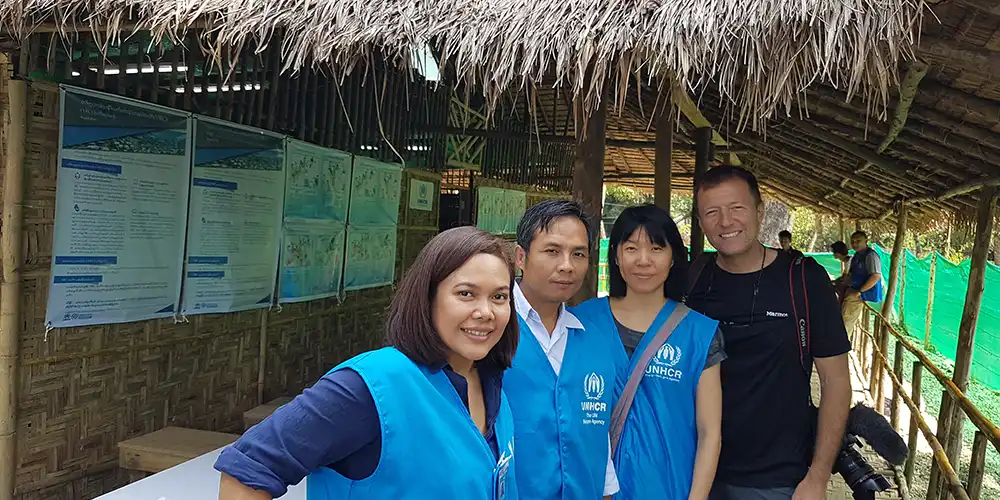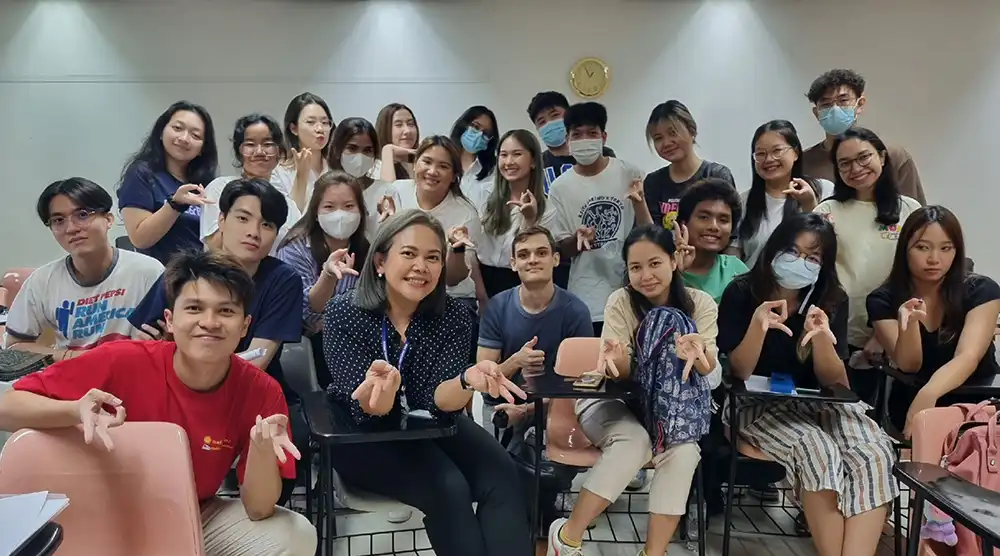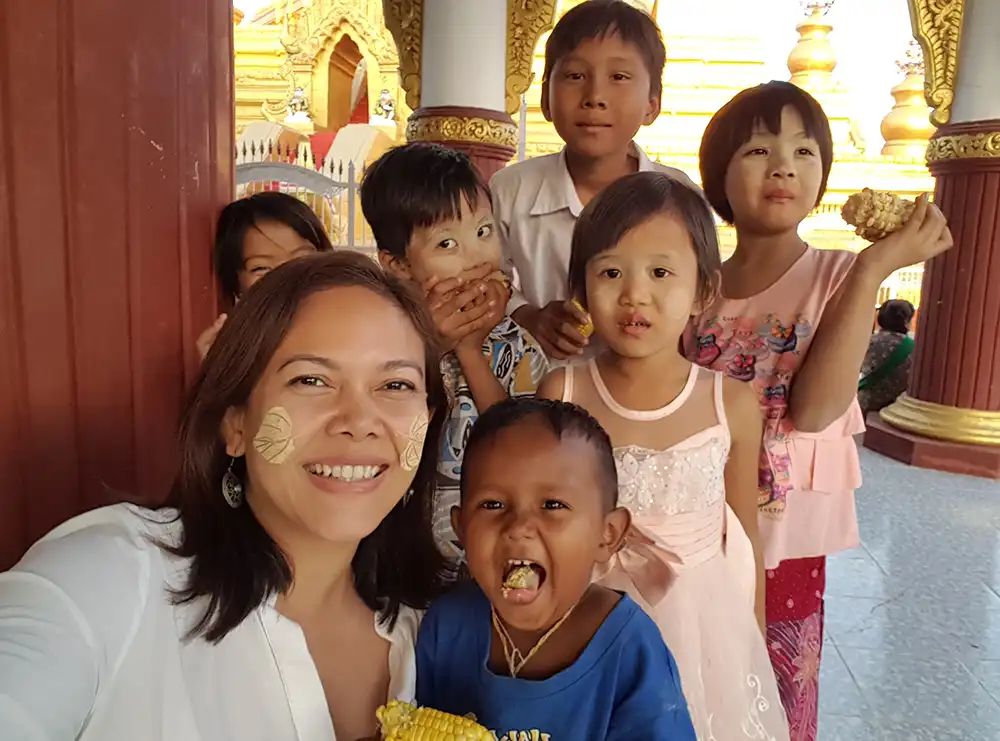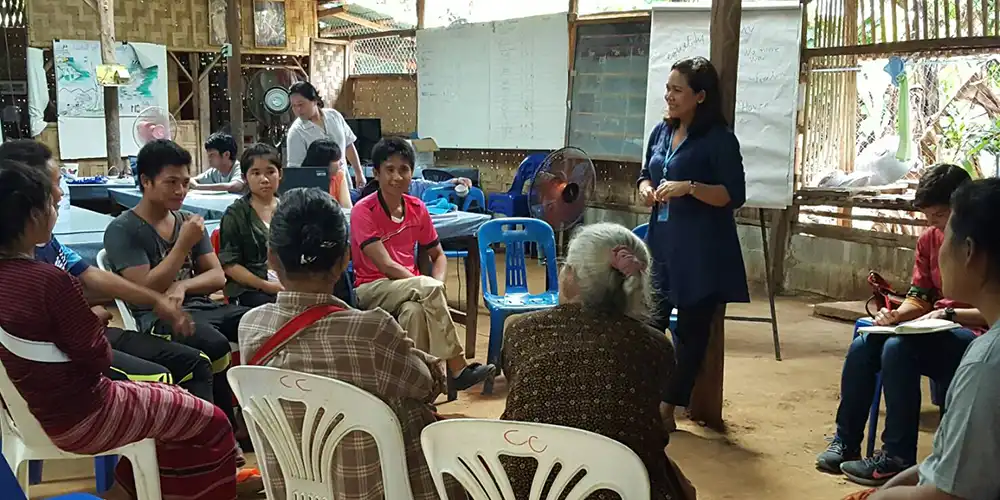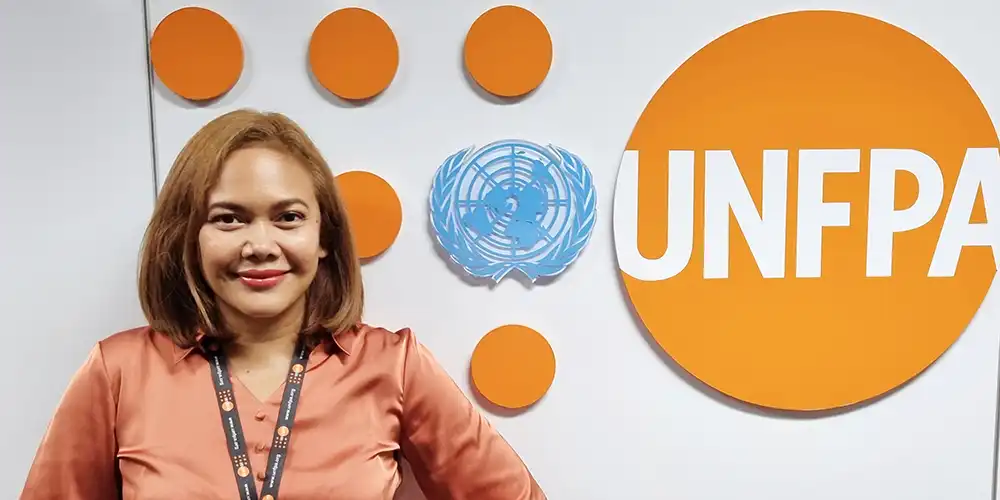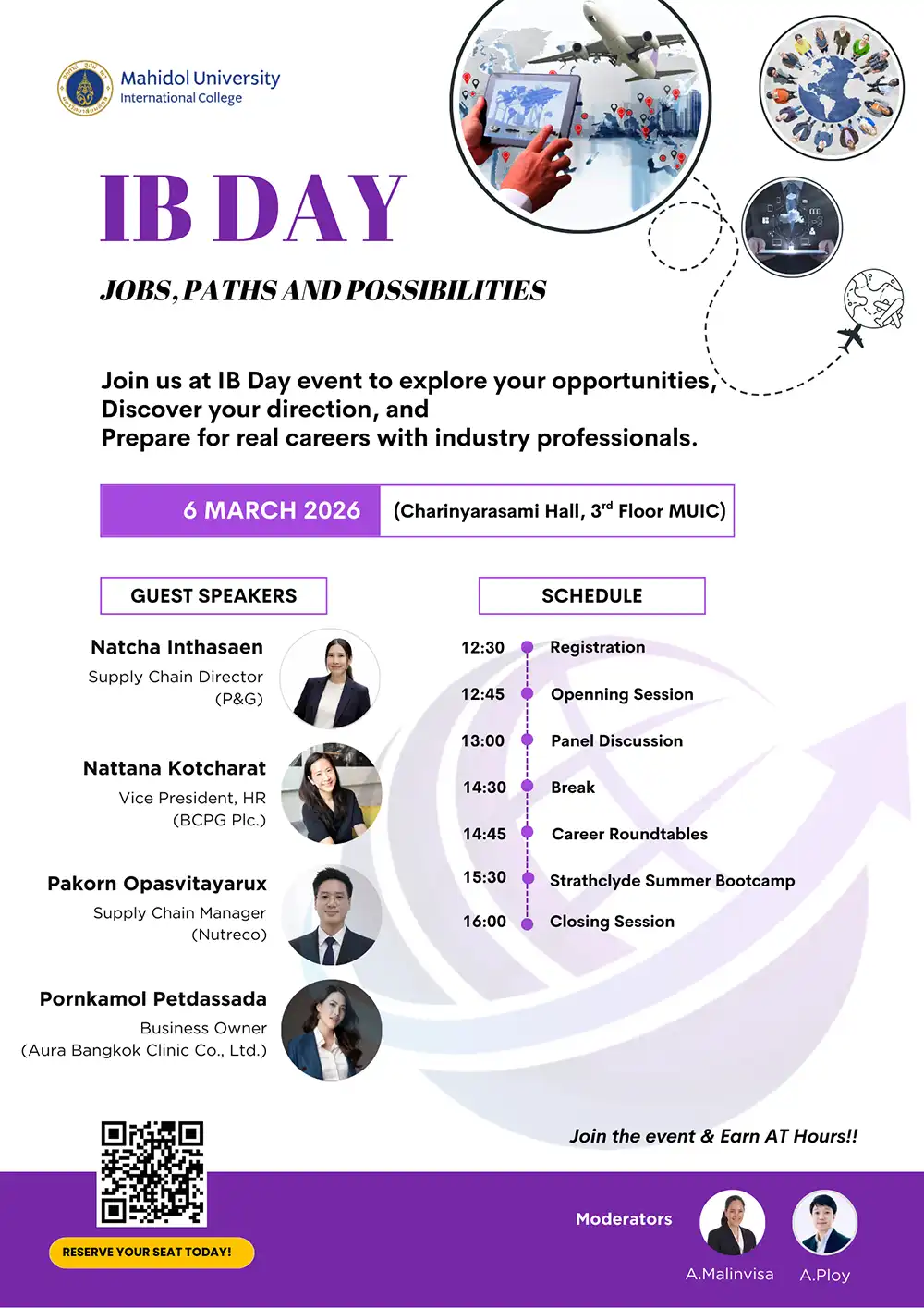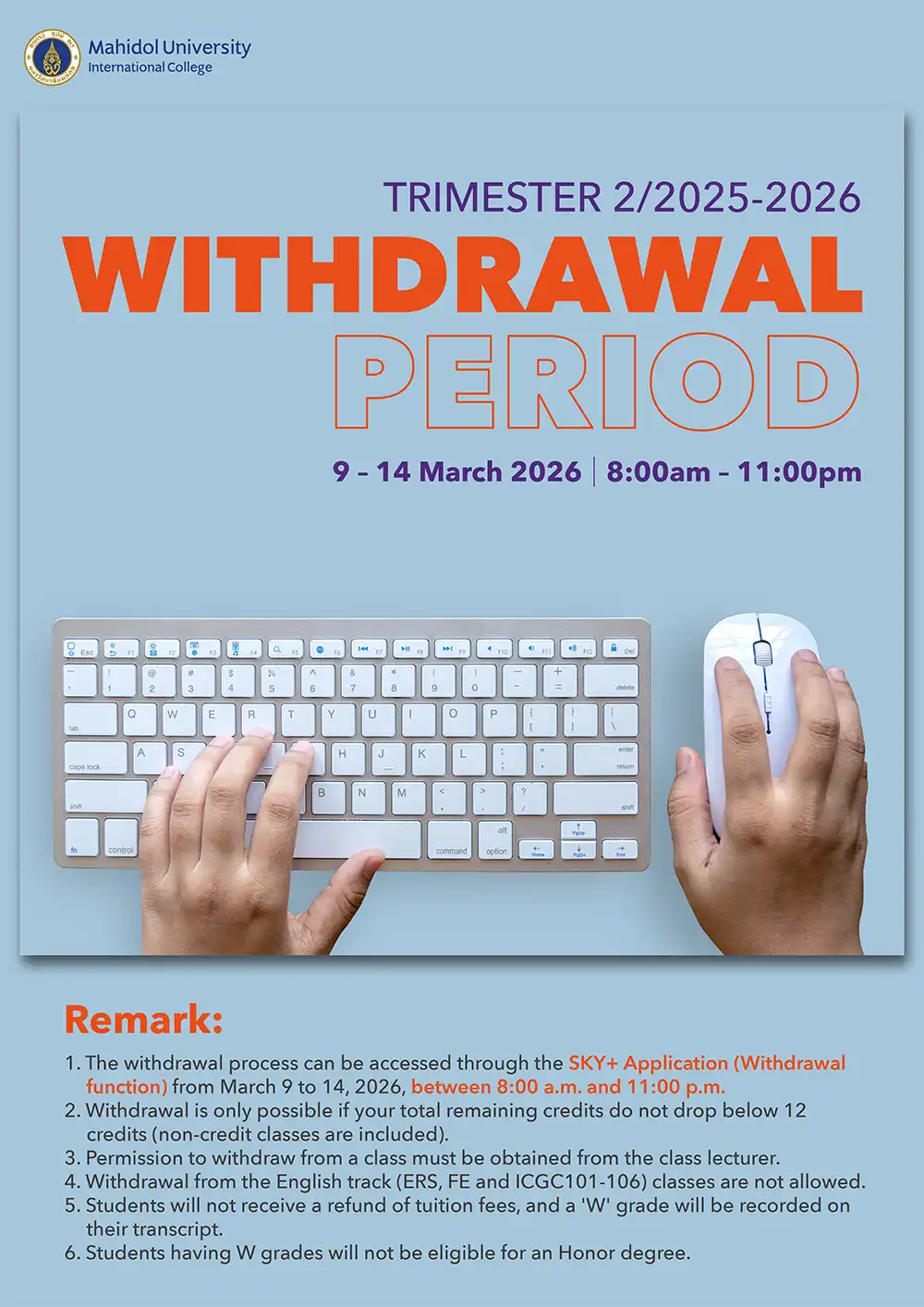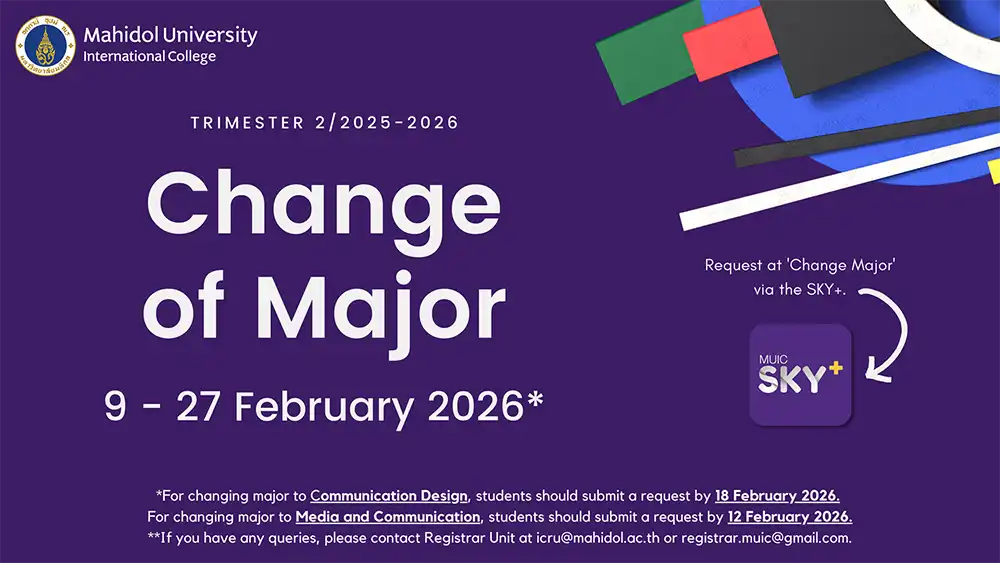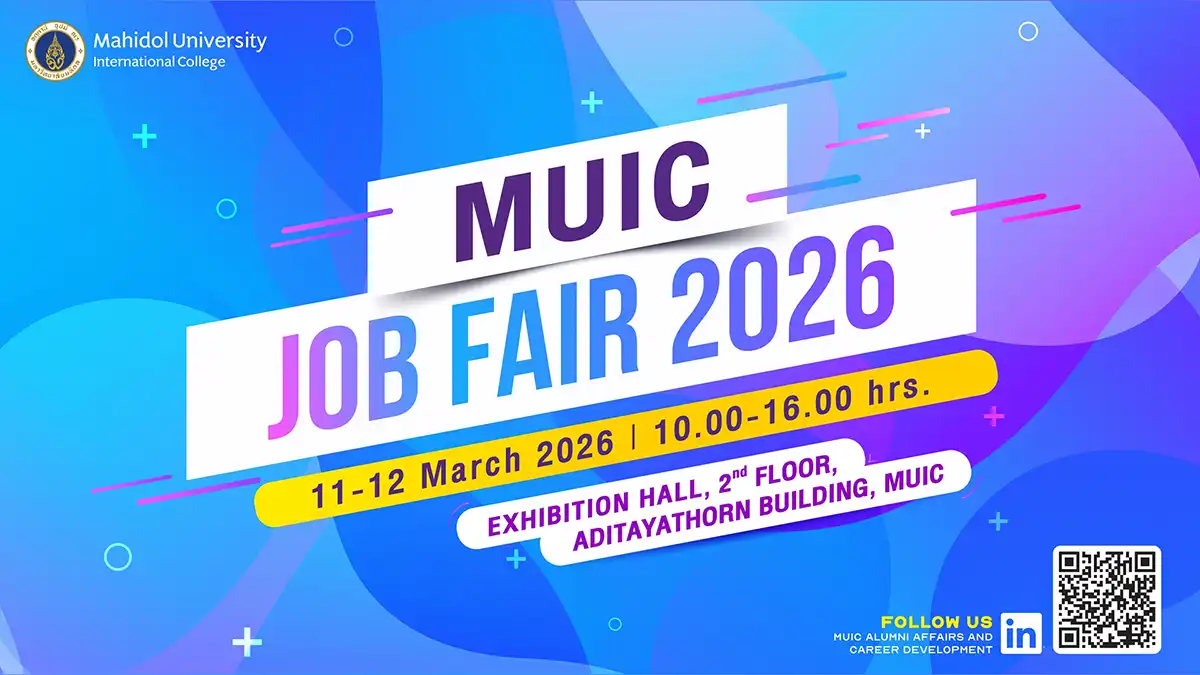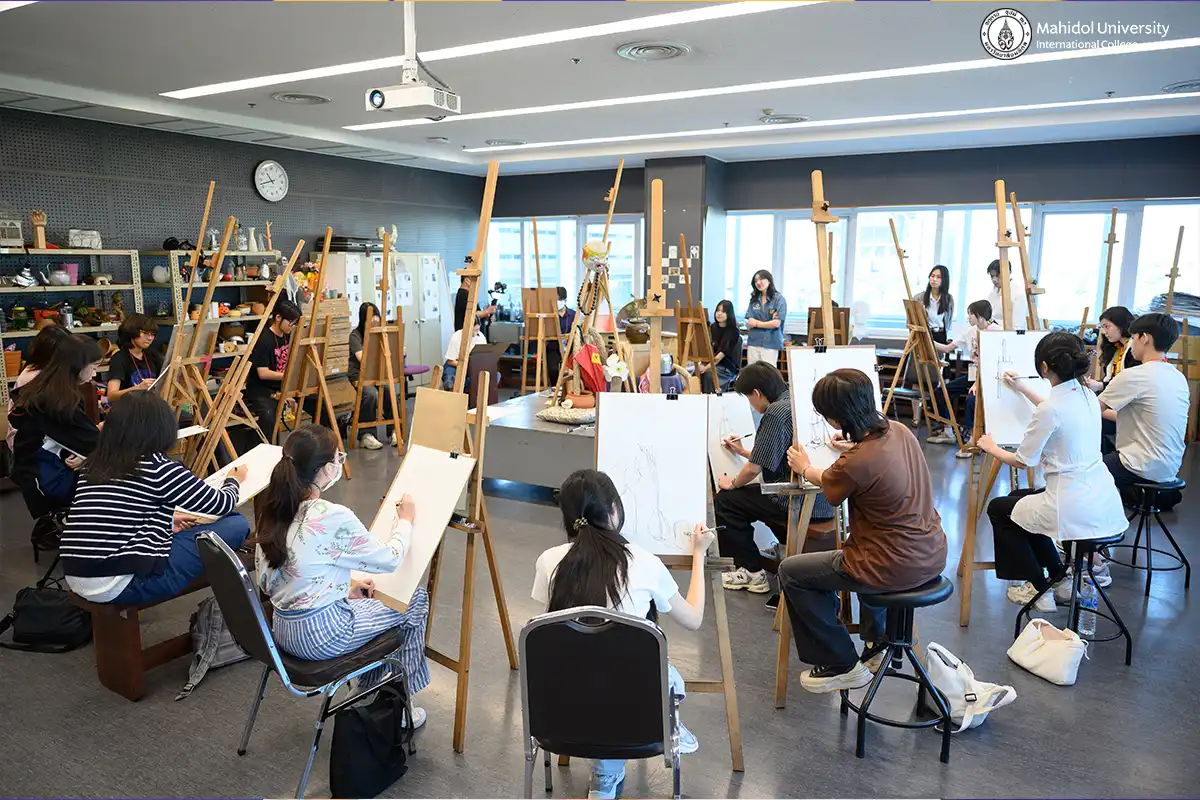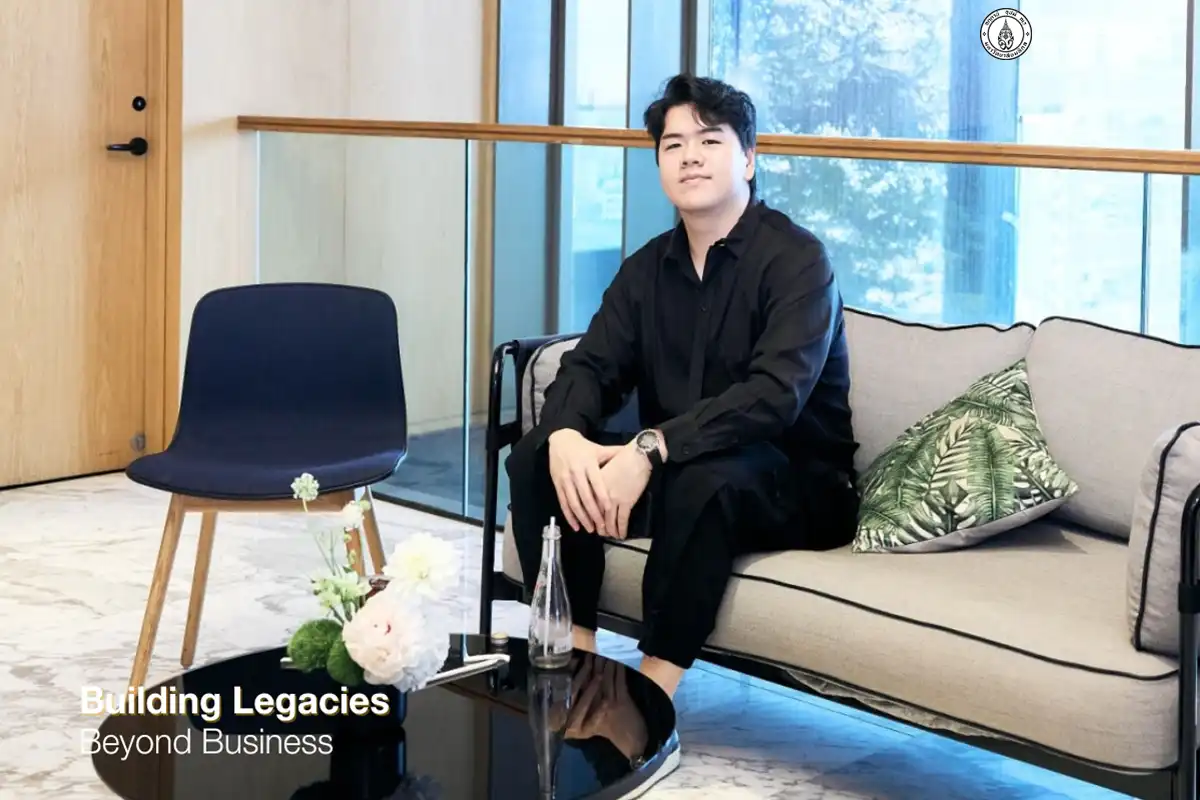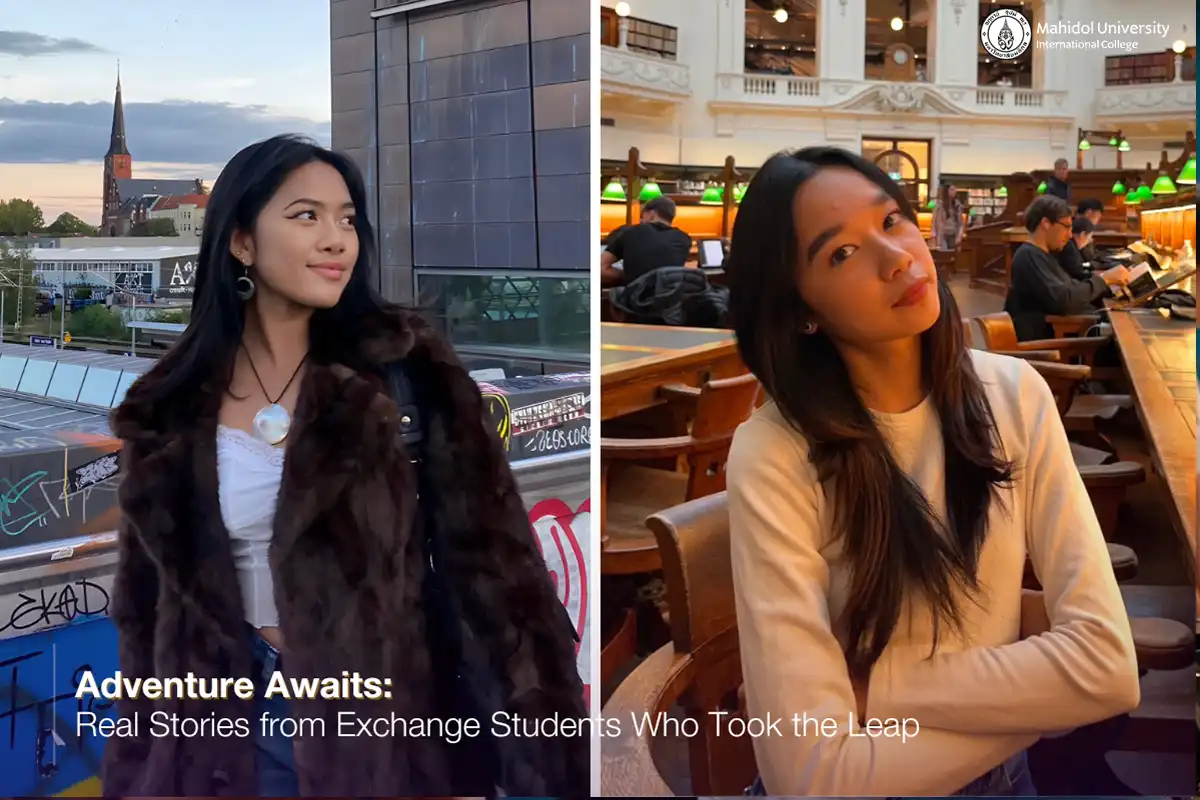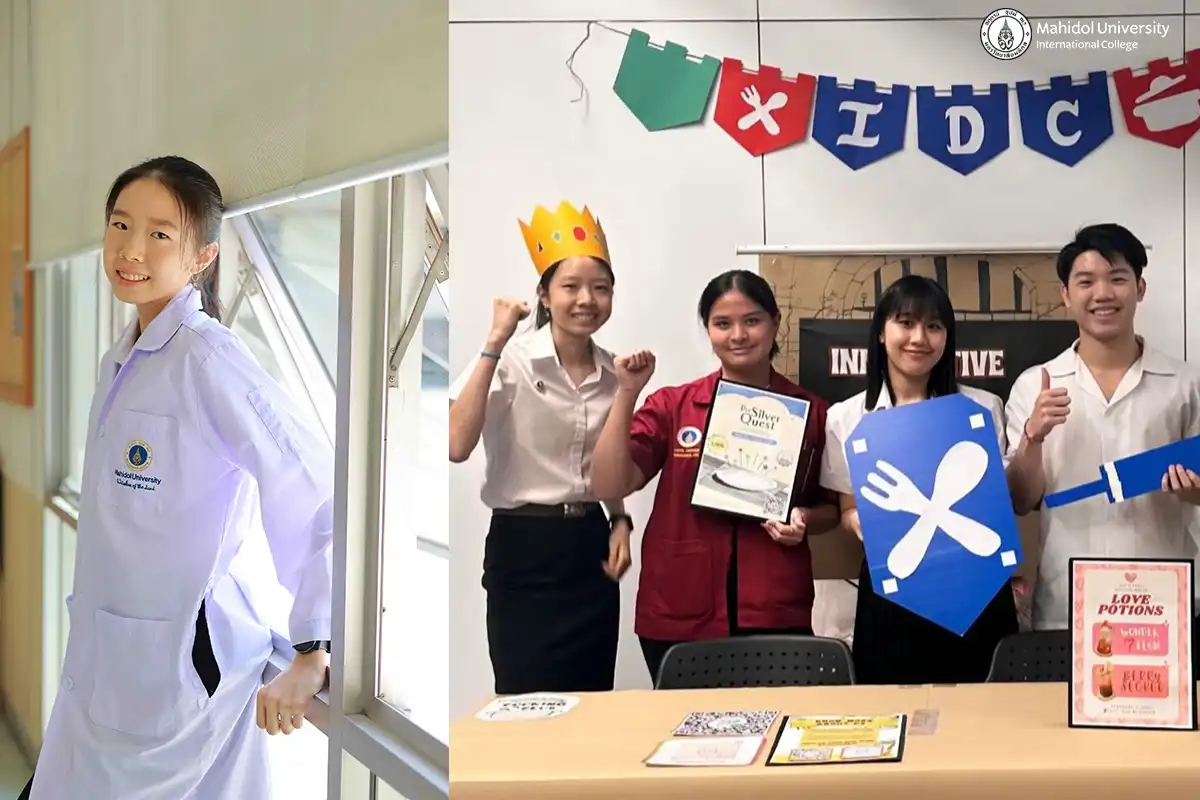“How MUIC Empowered Me”
June 2, 2023 2023-06-02 3:38“How MUIC Empowered Me”
Ms. Duang-ramon Paaptanti has been in the business of empowering people for more than 10 years, usually from the disadvantaged sector—children, migrants, refugees and others.
Currently the Project Manager at United Nations Population Funds (UNFPA) Thailand country office, she has been working in Thailand and the Asia Pacific region in the past decade for several international humanitarian organizations, namely, International Committee of the Red Cross (ICRC), International Organization for Migration (IOM), Save the Children International (Emergency Response), and previously with United Nations High Commissioner for Refugees (UNHCR), Regional Bureau for Asia Pacific.
“Empowerment is necessary in the life of each human being,” she said in this interview. “We all need to be empowered in some way. Empowerment gives us confidence, self-value and the will to strive toward success and achieve even the impossible. That is why seeing individuals empowering one another is so powerful and significant. It can happen at any scale, be it at the individual level, or family, community, organization or as a country.”
She adds that “as a human being, we need to seek a way to empower ourselves and once you have been empowered enough then share it with others around you.”
As a part-time lecturer in MUIC’s International Relations and Global Affairs (IRGA) program, she teaches a course entitled “The Creative Job Search” which guides students through the process of successfully landing their first job.
“Being available and supportive to all students by giving time and advice even outside the classroom is what I often do. After all, teaching is not all about providing accurate information on a one way basis but a quality human-to-human interaction. The relationship between lecturer and students can be a lifetime empowering process.”
And before she started empowering people, Ms. Duang-ramon was herself empowered back when she was a student in MUIC’s Social Science program (she belongs to the Class of 2005). This is how she described it:
“Being a Social Science student at MUIC was absolutely empowering. Nearly all of the courses I took required a class discussion. I often heard interesting arguments about different ideas from classmates and our lecturer while I also have my own opinions which might be different from them. However, never even once did I feel reluctant to share my opinion. To be given ‘a safe space to speak your mind’ is one way of empowerment, especially being one of only a few women in a class filled with men who possessed strong opinions. It was intimidating but I never felt any sense of discrimination of any kind either from the class or lecturers and that was almost two decades ago when I was a student at MUIC! In 2023 and onwards, I wish Social Sciences program (now IRGA) and MUIC will continue to be a place of diversity, a source of knowledge and a place where students, faculty members, staff and everyone else can feel, be heard and be seen, all contributing to everyone’s sense of empowerment.”
Indeed, sharing knowledge is an act of empowerment itself. Combine this with a nurturing learning environment and a student can be expected to realize his full potential and be successful in life. Such is the kind of learning environment provided by MUIC to its students, faculty and staff.
The International Relations and Global Affairs (IRGA) program is just one of MUIC’s 17 majors that incoming students can choose to enroll in. In each program, students are developed into the best versions of themselves. For more information about these majors, please click here: https://muic.mahidol.ac.th/eng/programs/undergraduate-programs/
